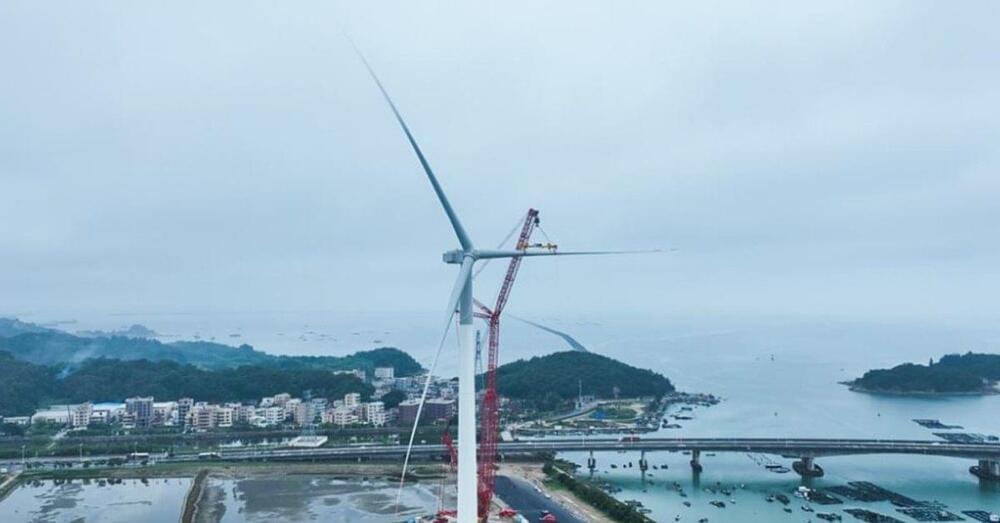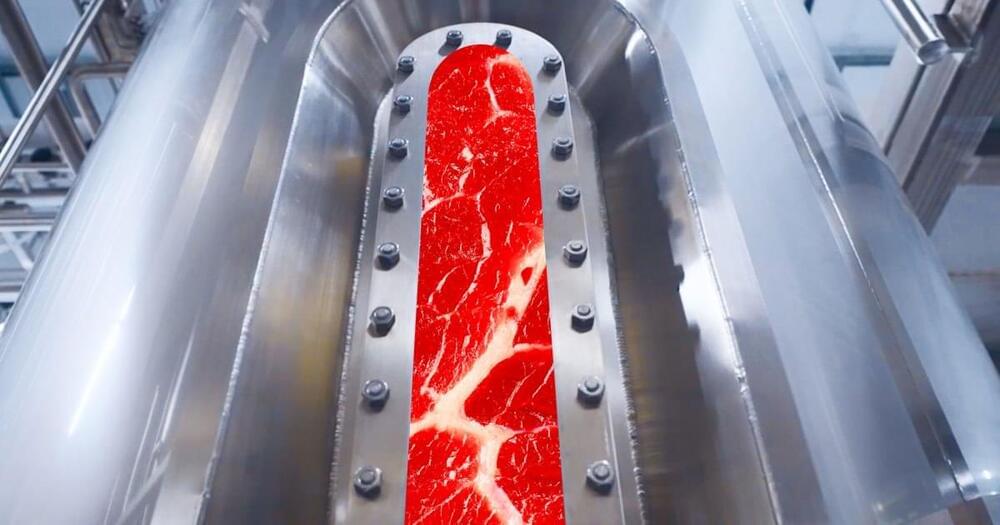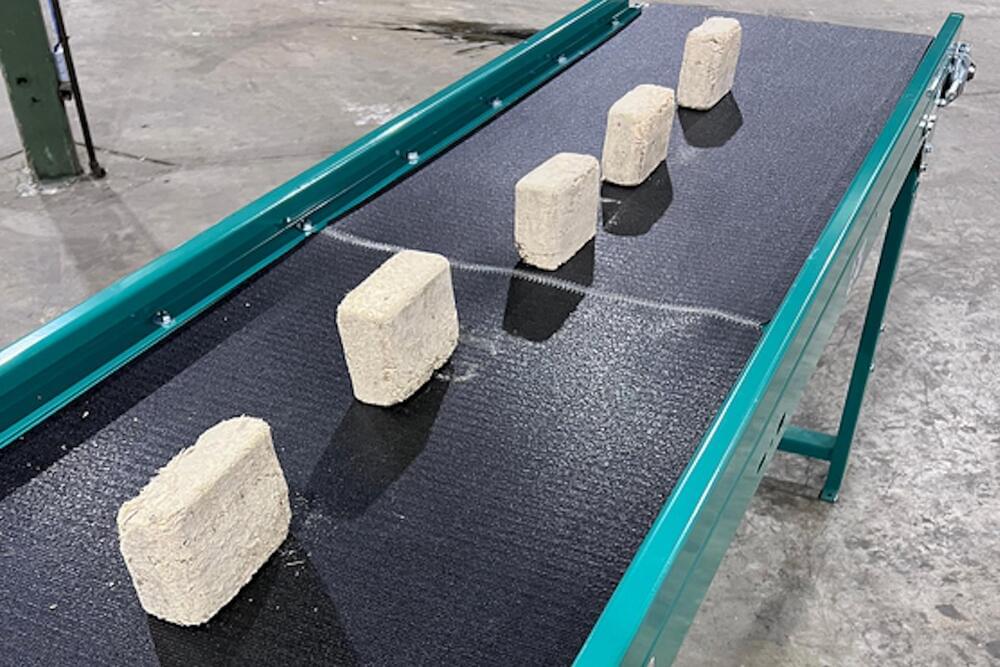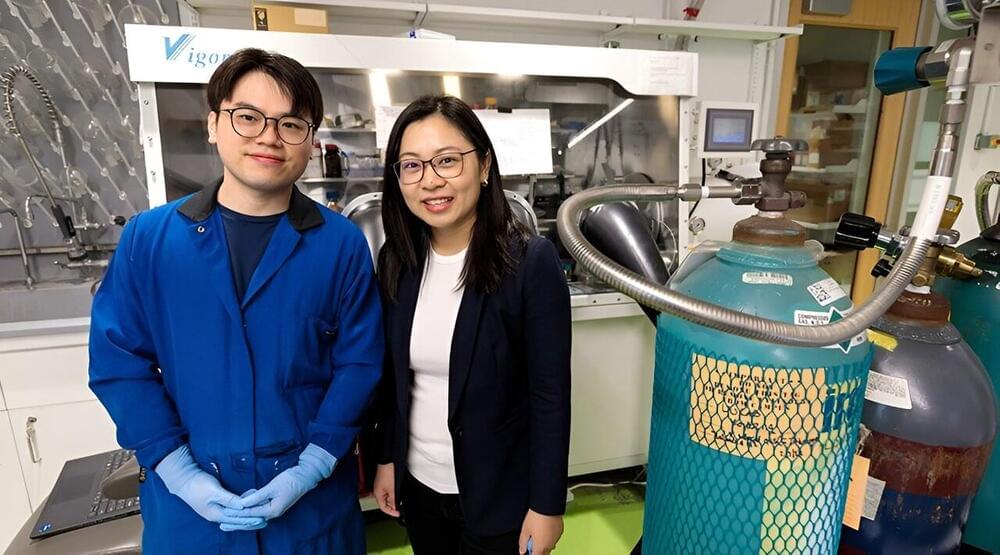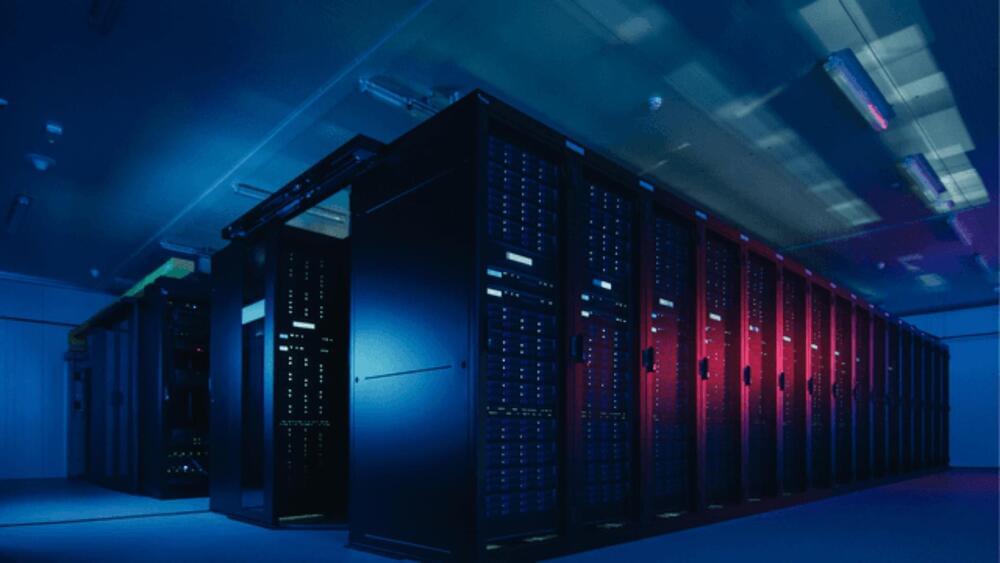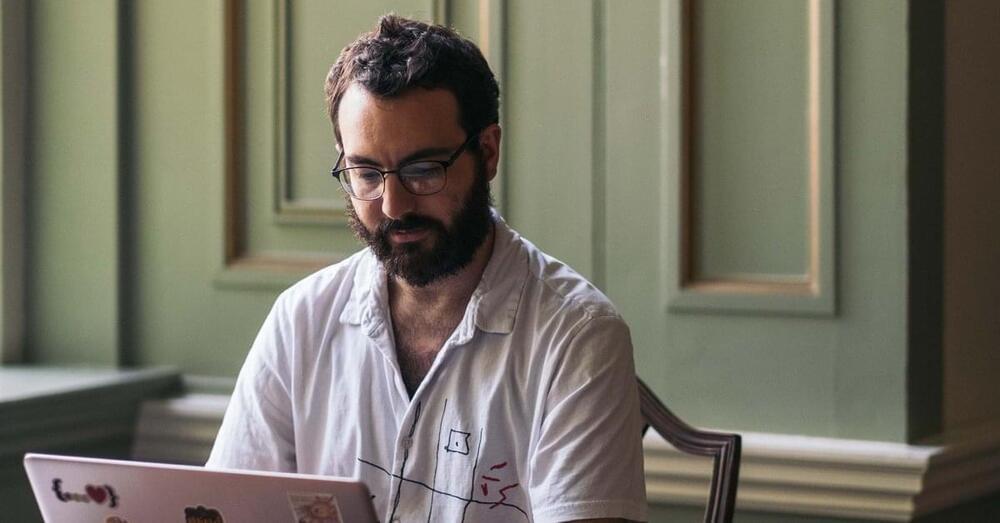
Imagine if the world’s response to climate change relied solely on speculative predictions from pundits and CEOs, rather than the rigorous—though still imperfect—models of climate science. “Two degrees of warming will arrive soon-ish but will change the world less than we all think,” one might say. “Two degrees of warming is not just around the corner. This is going to take a long time,” another could counter.
This is more or less the world we’re in with artificial intelligence, with OpenAI CEO Sam Altman saying that AI systems that can do any task a human can will be developed in the “reasonably close-ish future,” while Yann LeCun, Chief AI Scientist at Facebook, argues that human-level AI systems are “going to take a long time.”
Jaime Sevilla, a 28-year-old Spanish researcher, is trying to change that. It is far from clear whether and how the capabilities of the most advanced AI systems will continue to rapidly progress, and what the effects of those systems will be on society. But given how important AI already is, it’s worth trying to bring a little of the rigor that characterizes climate science to predicting the future of AI, says Sevilla. “Even if AI innovation stopped, this is already a technology that’s going to affect many people’s lives,” he says. “That should be enough of an excuse for us to get serious about it.”

